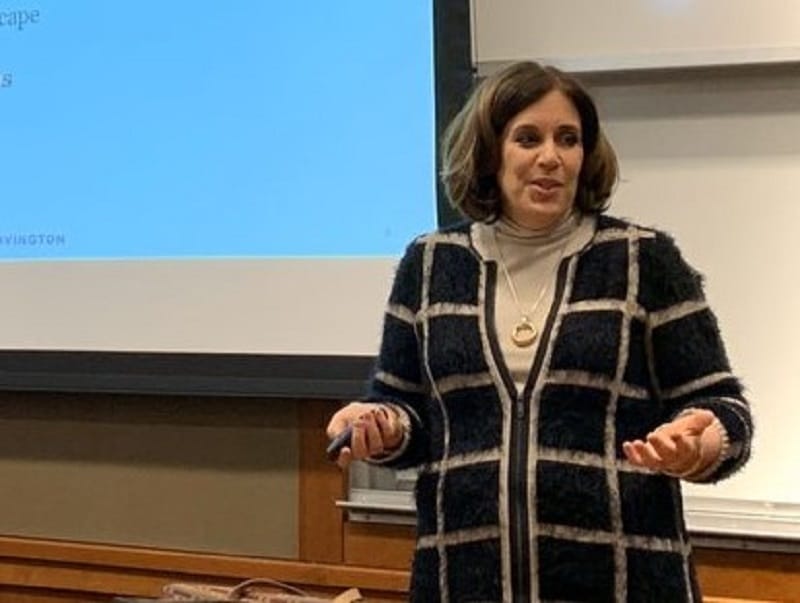U.S. and EU Privacy and Intellectual Property Landscape Complicate Data Use Requirements
February 7, 2021 – Differences in the intellectual property and privacy landscape between Europe and the United States account are among the forces complicating the regulatory landscape around commercial data, partners at Covington’s Second Annual Technology Forum said on January 27. Further, becaus

February 7, 2021 – Differences in the intellectual property and privacy landscape between Europe and the United States account are among the forces complicating the regulatory landscape around commercial data, partners at Covington’s Second Annual Technology Forum said on January 27.
Further, because intellectual property laws do not provide robust protection for databases, organizations are increasingly relying on contracts that define rights and restrictions to protect their data.
When learning how to best to handle data, companies need to know what sources it is coming from, said Lee Tiedrich, a partner at Covington. Knowing the type of data is quite important, he said, since data comes in many forms. For example, open or proprietary data should be handled differently than user contributions and scraped data that comes off of public websites.
Differences between U.S. and European intellectual property laws also factor into database protection. Clients need to know how to source data properly because they want to protect their rights to their data and reduce their liability risks, Tiedrich said.
There is no sui generis database protection in the U.S., a term which means databases do not have strong legal protections. This is not unusual as intellectual property laws in the U.S. typically do not provide protection for databases, said Tiedrich.
From a EU legal perspective, there may be some form of IP protection in data but that does not eliminate privacy requirements applying to that data, said Freddie Argent, a partner at Covington.
The panelists also discussed key terms of contracts for data licensors. Data licensors need to employ best practices, have standardized terms, and apply consistency across deals, said Adrian Perry, partner at Covington. Terms of service and privacy policies require clarity with the licensee acknowledging and accepting it, Perry added.








